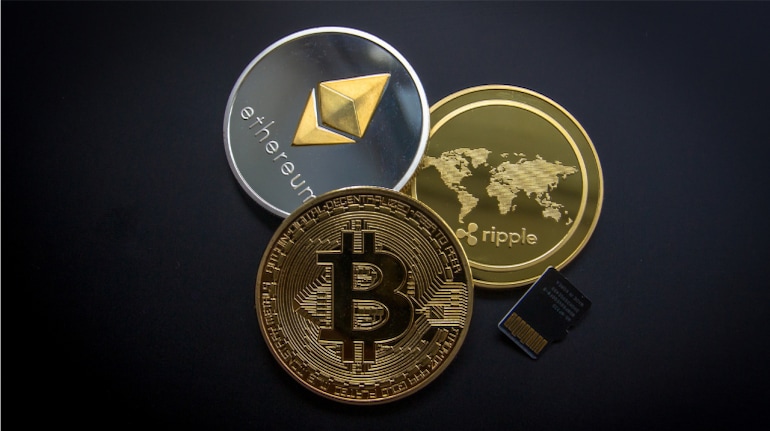



Trust – Once lost is difficult to regain.
The collapse of FTX, one of the world’s largest cryptocurrency exchanges, and losses to the tune of billions of dollars have raised questions on the legitimacy of the crypto realm.
The reliability of centralised exchanges, crypto wallets, and even well-known developers are hot topics of discussion among those with even the slightest knowledge of digital currencies.
One way being touted to bring in further transparency and boost public confidence is regular publication of proof of reserves by crypto exchanges and other service providers. This is expected to demonstrate that these exchanges have the crypto assets they claim publicly.
Establishing proof of reserves as the new benchmark for cryptos is likely to aid the development of a more dependable and open ecosystem.
What is proof of reserves?
Proof of reserves is the disclosure of the amount of reserve assets that an exchange has in place to cover potential customer withdrawals.
Confirming that a cryptocurrency exchange or wallet has the reserves it claims is possible by using the proof-of-reserves method. This is significant because it guards against fraud and safeguards user money.
There are a few ways to prove reserves, but the most popular one is for the exchange or wallet to offer a cryptographic declaration that the money it claims to have actually exists. Anyone can check this proof to make sure the exchange or wallet isn't simply inventing numbers.
Proof of reserves is a crucial component of the cryptocurrency ecosystem that keeps wallets and exchanges honest. Notably, there is a bigger danger of fraud if you use a service without proof of reserves.
An innovative mechanism for verifying digital assets on a blockchain is called proof of assets. This protocol makes it possible to confirm that real-world assets, including goods, real estate, and even pieces of art, are backed by real-world entities.
This enables the development of decentralised markets for these assets and offers up a vast array of new opportunities for the application of blockchain technology.
Which exchanges have declared proof of reserves?Several exchanges have undertaken an audit of their proof of reserves and more are probably going to do so in the future.It demonstrates that exchanges are making efforts to increase transparency and foster client confidence.
Recently, the following exchanges carried out proof of reserve audits:
Huobi
Binance
Crypto.com
Deribit
KuCoin
Okx
Kraken
BitMEX
Coinfloor
Gate.io
HBTC
Can exchanges still cheat users?Some exchanges have been opaque about their proof of reserves. Exchanges have been exposed for using money borrowed from other exchanges to support their own reserves.
Does this amount to dishonesty? After all, if an exchange can borrow money, doesn't it imply that it has the reserves to back up the money of their clients?
The solution is not that easy.
In theory, an exchange might be able to borrow money for their own proof of reserves, but this would only be a short-term fix. An exchange would eventually require its own reserves in order to survive.
While it is conceivable to falsify proof of reserves, blockchain analysis will eventually bring out the truth.
Discover the latest Business News, Sensex, and Nifty updates. Obtain Personal Finance insights, tax queries, and expert opinions on Moneycontrol or download the Moneycontrol App to stay updated!
Find the best of Al News in one place, specially curated for you every weekend.
Stay on top of the latest tech trends and biggest startup news.